Is Russia a Chinese 'client state'?
Reading between the lines of Xi and Putin's Moscow summit

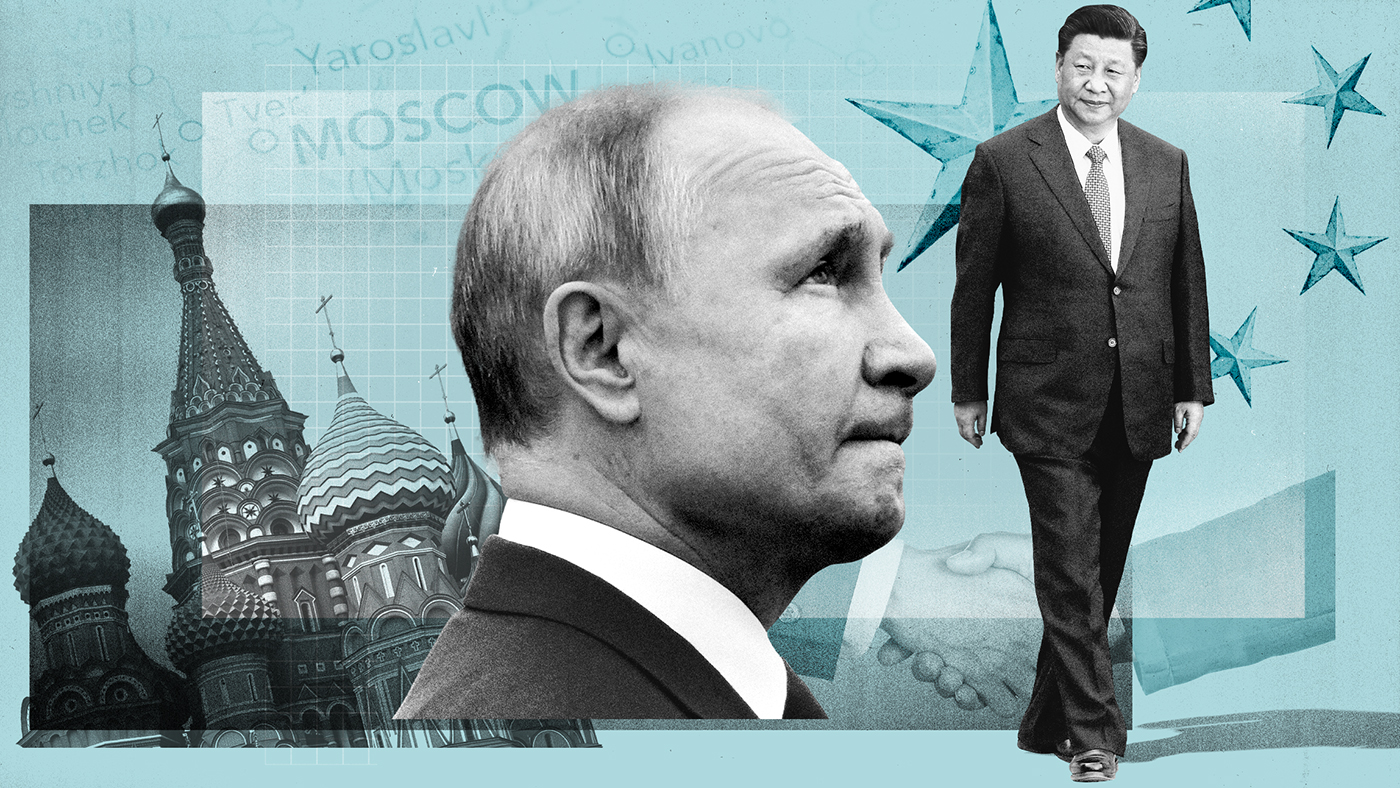
A free daily email with the biggest news stories of the day – and the best features from TheWeek.com
You are now subscribed
Your newsletter sign-up was successful
Chinese President Xi Jinping and Russian President Vladimir Putin used Xi's three-day state visit to Moscow to reaffirm their growing economic and political ties. They also underscored their shared interest in countering the U.S.-led push for a world governed by democratic norms, universal rights and freedoms, and containment of China and Russia.
Xi and Putin signed a handful of modest economic agreements and memoranda of understanding, blandly endorsed China's 12-point outline for peace in Ukraine. They implicitly criticized the West and especially NATO, declaring that the Chinese-Russia partnership is "superior" to the type of "military-political alliance" set up "during the Cold War."
The "subtext of the meeting," however, "was Russia's increasing reliance on China over the past 13 months" since Putin invaded Ukraine, The New York Times reports. Xi and Putin "have remained closely aligned through that time, but not always with the public enthusiasm the Chinese leader once showed." White House spokesman John Kirby picked up on that theme, saying the summit highlighted Russia's role as a "junior partner" to China.
The Week
Escape your echo chamber. Get the facts behind the news, plus analysis from multiple perspectives.

Sign up for The Week's Free Newsletters
From our morning news briefing to a weekly Good News Newsletter, get the best of The Week delivered directly to your inbox.
From our morning news briefing to a weekly Good News Newsletter, get the best of The Week delivered directly to your inbox.
Looking at the surprisingly "lopsided" closing statements, "I'm struggling to come up with something that Xi wants from Putin that he didn't get," Sam Greene, a professor at the Russia Institute at King's College London, wrote on Twitter. "The list of things Putin wants from Xi and didn't get is considerable," including military or moral support for his Ukraine war. "Putin greeted Xi with a rhetorical bear hug. Xi gave Putin a pat on the head and told him to run along now and play."
What are the commentators saying?
Kirby's dig about Russia being Xi's junior partner "was tooled to sting Putin. And it contains enough truth to really make it hurt," Politico China correspondent Phelim Kine writes. Xi clearly values China's "strategic relationship" with Russia and sees Putin as an "essential ally" against the U.S., but "the bad news for Putin is that that relationship is relegating Russia to the status of a Chinese client state which could pay Beijing long term geostrategic dividends at Russia's expense."
The "real headline" from the Xi-Putin meeting is that "a strong China is bolstering a weak Russia," David Ignatius argues at The Washington Post. "Xi certainly offered moral and psychological support in what might be described as a get-well visit to an ailing relative," but "though Putin was beaming in Xi's reflected glow this week, the visit was a reminder of just how isolated the Russian leader is" after invading Ukraine and how much "Putin's bid for greater power in Europe has made him weaker."
An international pariah, Putin needs Xi's economic and political support "badly," so "in that regard, this was a win for Putin the moment Xi stepped off the plane," NPR Moscow correspondent Charles Maynes told All Things Considered. But any domestic dividends may be short-lived, because the fact that "Putin is the junior partner in the relationship" isn't lost on the Russians, he said. Putin's "over-the-top" flattery of Xi fed "a criticism you hear here in Moscow, that in binding Russia's future so closely to China, Putin is in danger of losing control of Russia's own destiny."
A free daily email with the biggest news stories of the day – and the best features from TheWeek.com
"Putin tells his people he's fighting for Russia's sovereignty," but "in truth, he's mortgaged the Kremlin to Beijing," King's College's Greene wrote. "The question now is one for Xi: What will he do with his newest acquisition?"
What happens next?
"This diminished Russia will fall increasingly under China's sway — unless there's an unlikely turn post-Ukraine and a Western-leaning leader replaces Putin," Ignatius writes. That may explain why "Xi's rescue strategy for Russia seems to center on a peace plan that would stanch the bleeding in Ukraine."
Let's face it, "China is agnostic about where the front lines in Ukraine are," Alexander Gabuev, a senior fellow at the Carnegie Endowment for International Peace, tells the Times. "What they care about is that [Putin] doesn't lose this war to the degree that this regime collapses and a pro-Western government is installed in Russia." But Xi is also happy broadcasting his dominance over Putin, he adds. "The optics of Russia as a junior partner, deeper in China's pocket, with no options other than China, is massively beneficial if China believes that it's in a long-term confrontation with the U.S."
Well, "Xi's emerging role as the leader of a Eurasian bloc presents dilemmas for U.S. strategists," and "the idea that a vast swath of the world is dominated by a China that stands so resolutely against freedom and democracy is chilling," Ignatius adds. "The International Criminal Court indicted Putin last week for war crimes. Xi is his only powerful friend. Dealing with them separately is bad enough. If they truly become partners in Eurasia, sharing dominion under a Chinese banner," it's pretty clear "we will live in a darker world."
Peter has worked as a news and culture writer and editor at The Week since the site's launch in 2008. He covers politics, world affairs, religion and cultural currents. His journalism career began as a copy editor at a financial newswire and has included editorial positions at The New York Times Magazine, Facts on File, and Oregon State University.
-
 The ‘ravenous’ demand for Cornish minerals
The ‘ravenous’ demand for Cornish mineralsUnder the Radar Growing need for critical minerals to power tech has intensified ‘appetite’ for lithium, which could be a ‘huge boon’ for local economy
-
 Why are election experts taking Trump’s midterm threats seriously?
Why are election experts taking Trump’s midterm threats seriously?IN THE SPOTLIGHT As the president muses about polling place deployments and a centralized electoral system aimed at one-party control, lawmakers are taking this administration at its word
-
 ‘Restaurateurs have become millionaires’
‘Restaurateurs have become millionaires’Instant Opinion Opinion, comment and editorials of the day
-
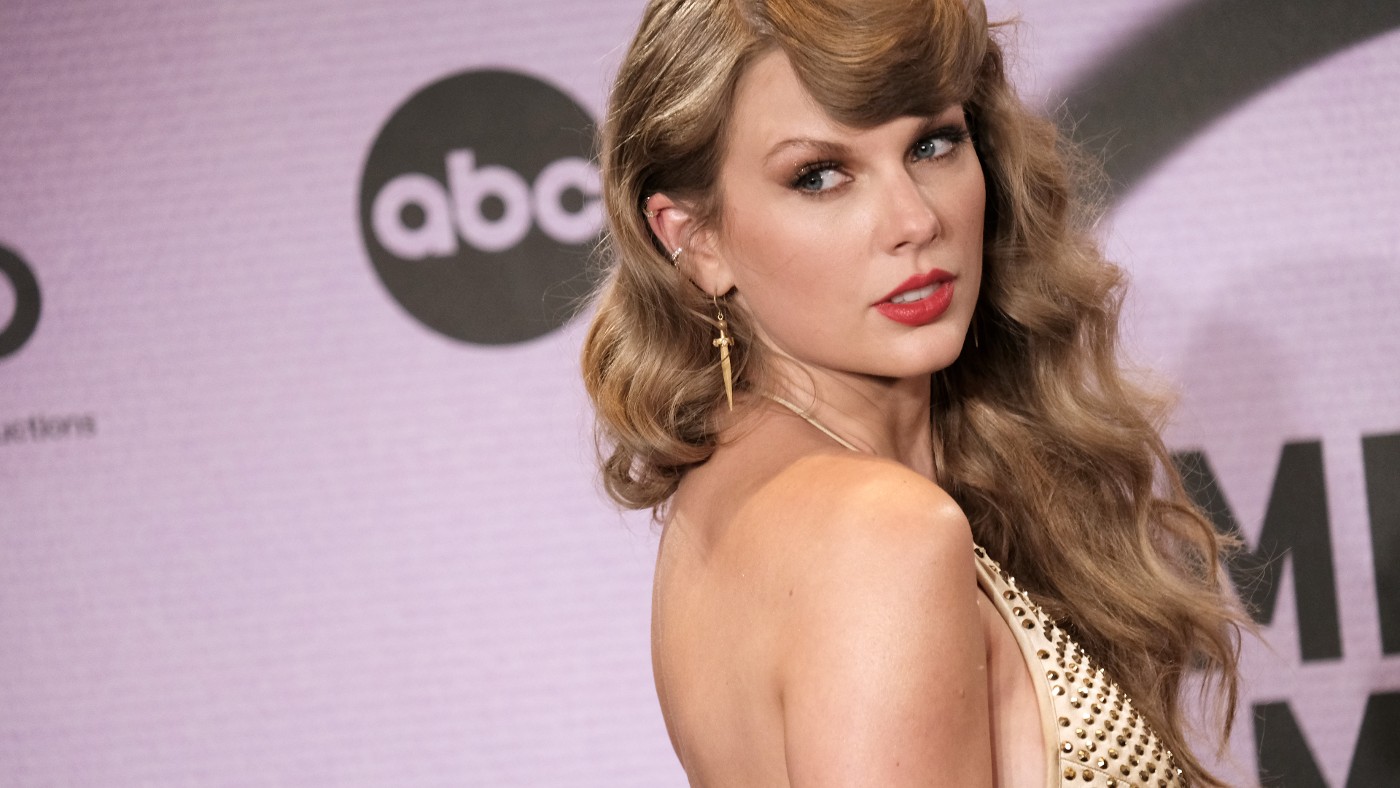 Despairing husband creates 'Taylor Swift jar'
Despairing husband creates 'Taylor Swift jar'Tall Tales And other stories from the stranger side of life
-
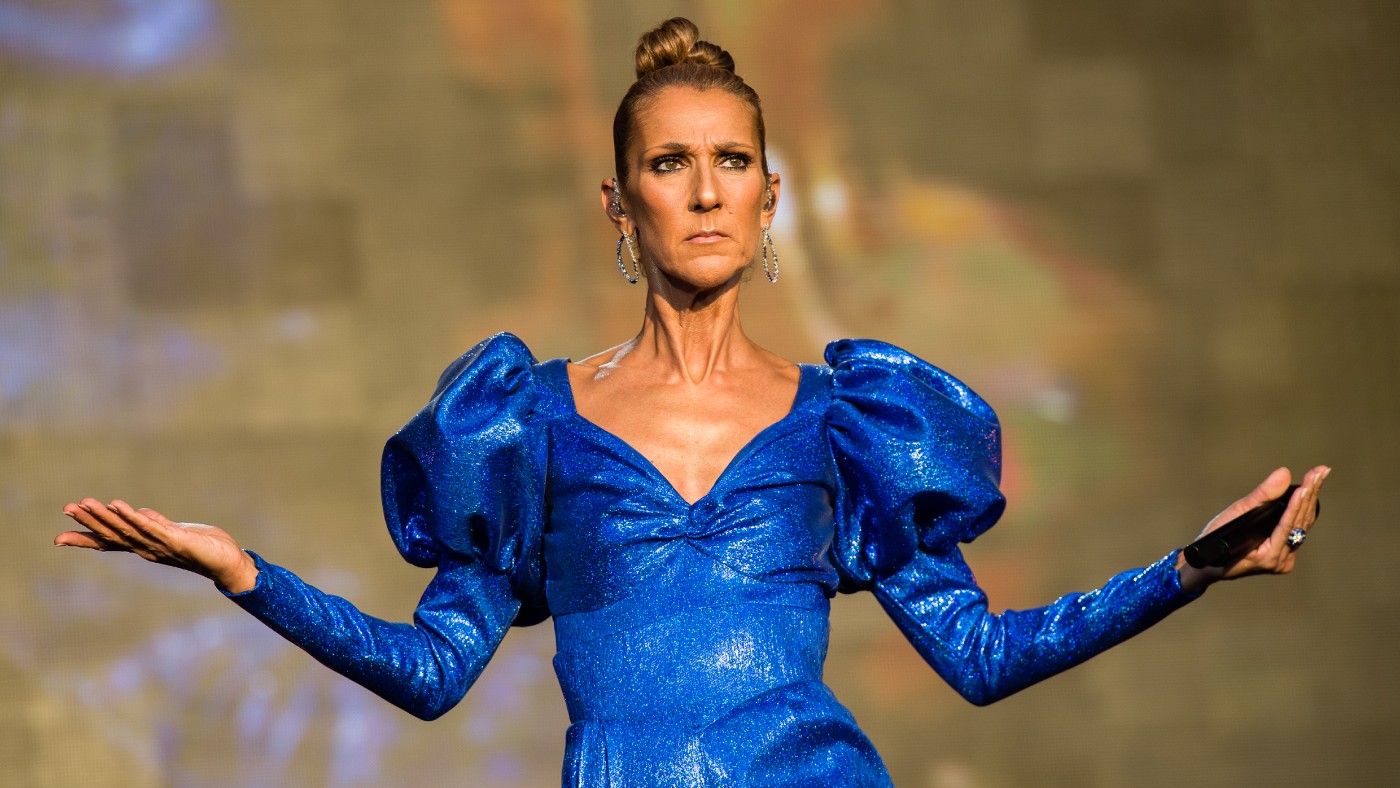 Celine Dion 'civil war' in New Zealand
Celine Dion 'civil war' in New ZealandTall Tales And other stories from the stranger side of life
-
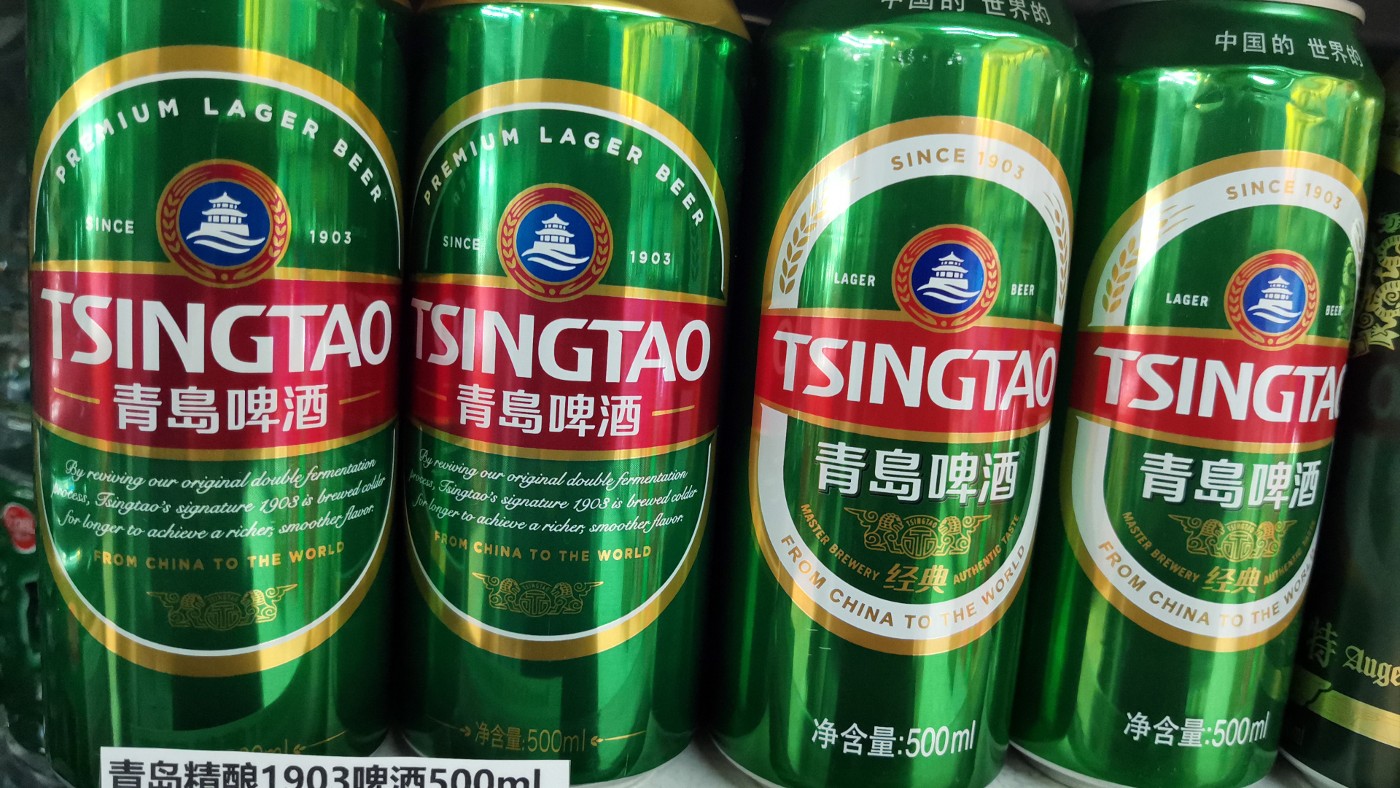 Urine video dents Chinese beer brand
Urine video dents Chinese beer brandTall Tales And other stories from the stranger side of life
-
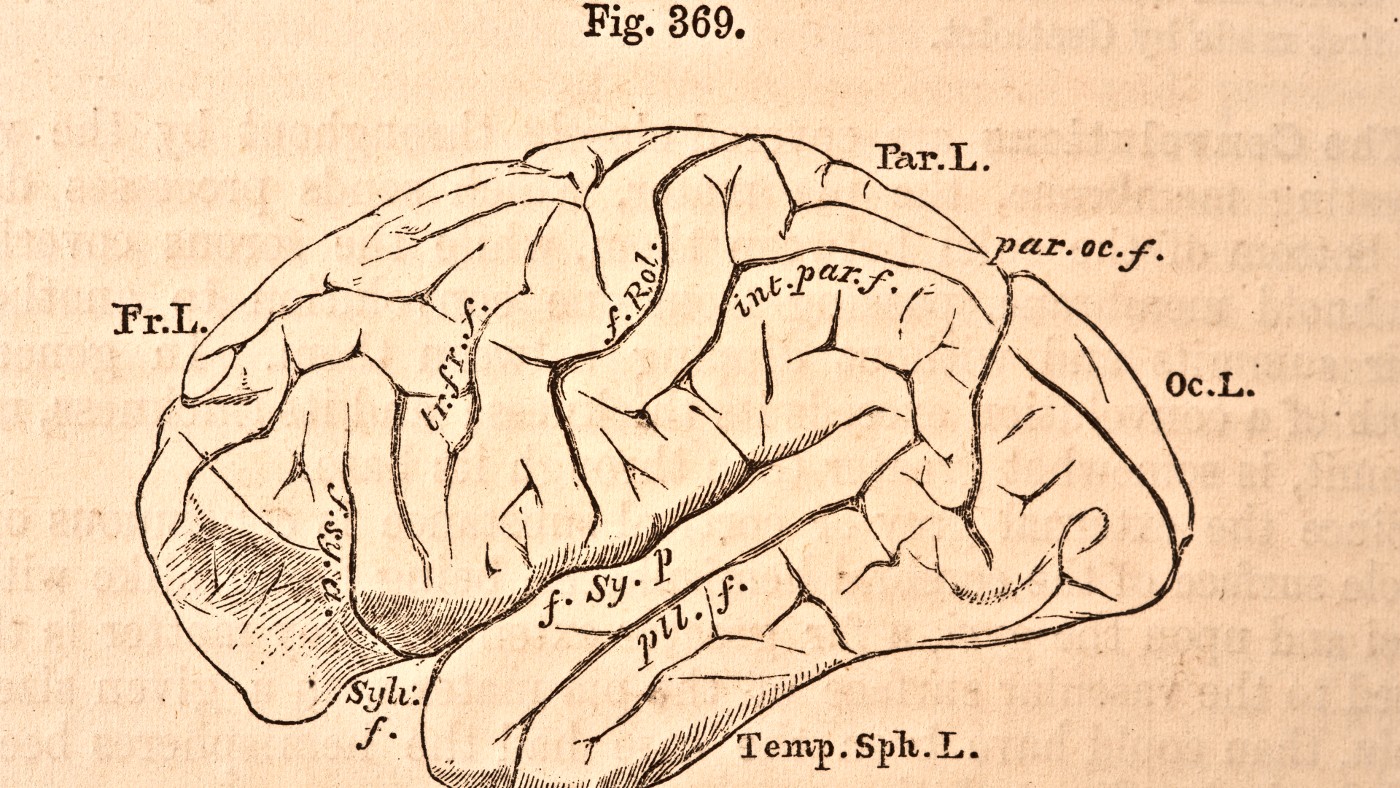 Woman lives with needle in brain for 80 years
Woman lives with needle in brain for 80 yearsTall Tales And other stories from the stranger side of life
-
 Luton Airport bendy buses join Ukraine war effort
Luton Airport bendy buses join Ukraine war effortfeature And other stories from the stranger side of life
-
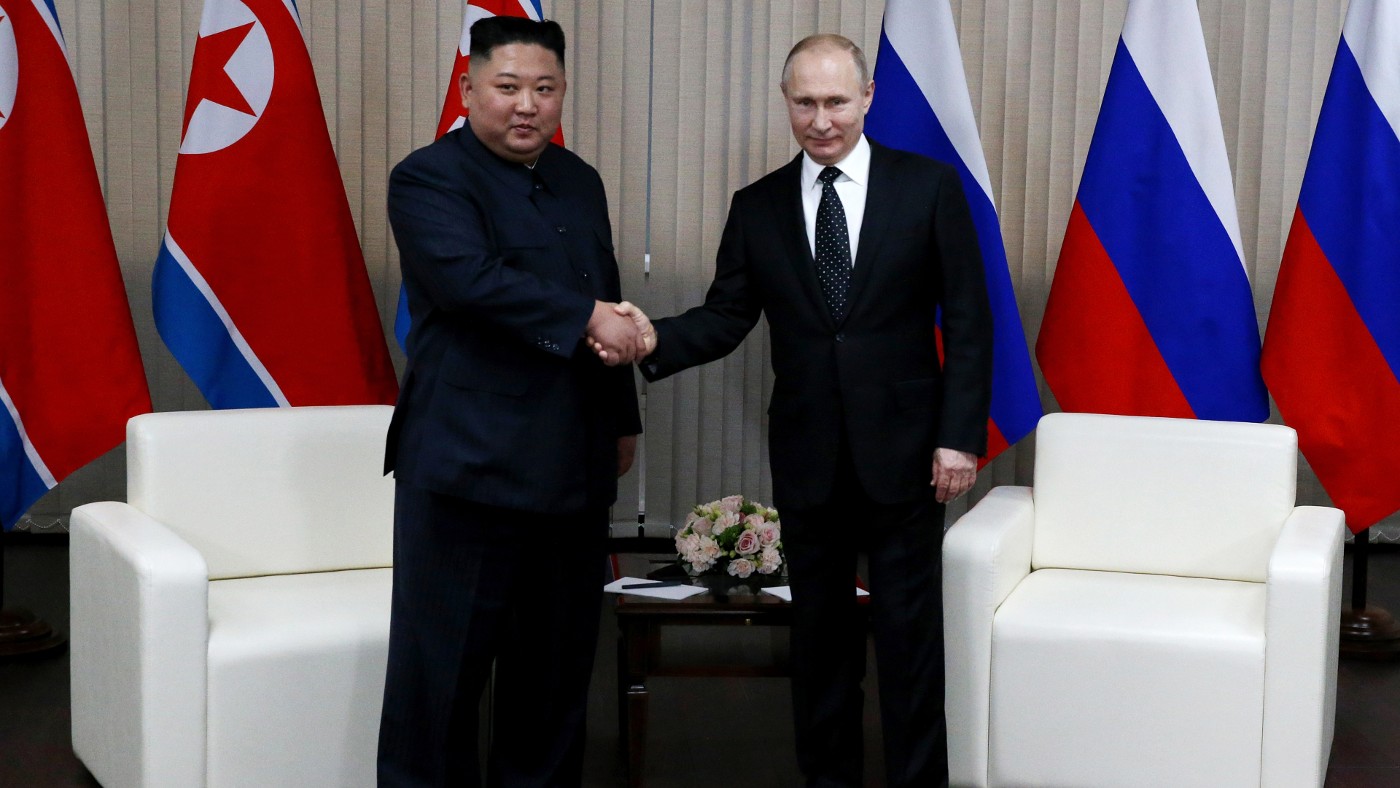 Would North Korean weapons tilt the war Russia’s way?
Would North Korean weapons tilt the war Russia’s way?Today's Big Question Putin wants to boost ‘depleted stocks’ but Pyongyang’s arms may be in poor condition
-
 Nobody seems surprised Wagner's Prigozhin died under suspicious circumstances
Nobody seems surprised Wagner's Prigozhin died under suspicious circumstancesSpeed Read
-
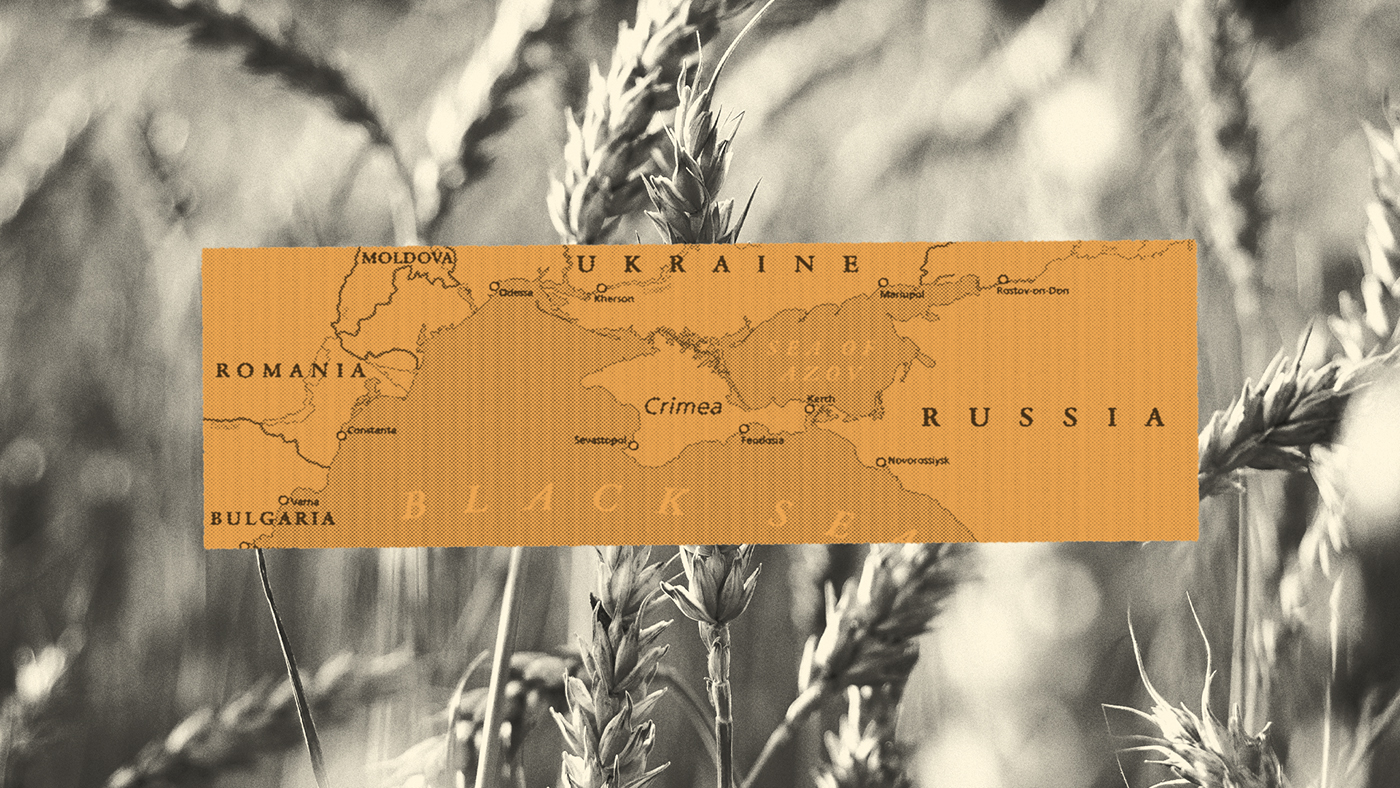 Can the Ukraine-Russia Black Sea grain deal be rescued?
Can the Ukraine-Russia Black Sea grain deal be rescued?Today's Big Question The Kremlin’s termination of agreement has sparked fears among food-insecure countries
